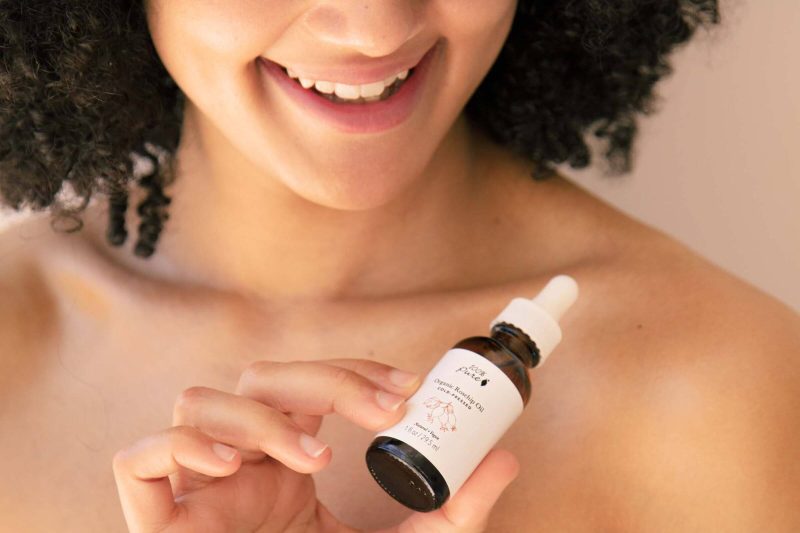Rosehip oil has gained immense popularity in the skincare world for its numerous benefits. This natural oil extracted from the seeds of rose bushes is packed with essential nutrients and antioxidants that can work wonders for your skin. Incorporating rosehip oil into your skincare routine can help to improve skin hydration, reduce inflammation, and address various skin concerns. In this article, we will explore the different ways you can incorporate rosehip oil into your daily skincare regimen to promote healthy and glowing skin.
1. **Cleansing with Rosehip Oil**
One of the simplest ways to introduce rosehip oil into your skincare routine is by using it as a cleanser. Rosehip oil is gentle yet effective in removing impurities, makeup, and excess oil from the skin without stripping it of its natural moisture. To cleanse your skin with rosehip oil, simply massage a small amount of the oil onto your face and then wipe off with a warm, damp cloth. This method not only cleanses your skin but also nourishes it with the beneficial properties of rosehip oil.
2. **Moisturizing with Rosehip Oil**
Rosehip oil is a fantastic natural moisturizer that can help to hydrate and soften the skin. To use rosehip oil as a moisturizer, simply apply a few drops of the oil onto your face and neck after cleansing. Gently massage the oil into your skin, allowing it to absorb fully. The lightweight texture of rosehip oil makes it suitable for all skin types, including oily and acne-prone skin. Regular use of rosehip oil as a moisturizer can help to improve skin elasticity, reduce fine lines and wrinkles, and promote a healthy complexion.
3. **Treat Acne and Scars**
Rosehip oil is known for its ability to treat acne and acne scars effectively. This oil is rich in vitamin A, which can help to regulate sebum production and promote skin cell turnover, thus preventing breakouts. Additionally, the anti-inflammatory properties of rosehip oil can help to reduce redness and inflammation associated with acne. To treat acne with rosehip oil, apply a thin layer of the oil onto the affected areas or mix a few drops of rosehip oil with your moisturizer. With consistent use, rosehip oil can help to improve the overall appearance of acne-prone skin and fade acne scars.
4. **Hydrating Face Mask**
Another way to incorporate rosehip oil into your skincare routine is by using it in a hydrating face mask. You can create a nourishing face mask by mixing rosehip oil with other skincare ingredients such as honey, yogurt, or avocado. Apply the mask to your face and leave it on for about 15-20 minutes before rinsing off with warm water. This hydrating face mask can help to replenish moisture, soothe dry and irritated skin, and promote a radiant complexion.
In conclusion, adding rosehip oil to your skincare routine can bring about significant benefits for your skin. Whether you use it as a cleanser, moisturizer, acne treatment, or in a face mask, rosehip oil can help to nourish, hydrate, and improve the overall health of your skin. With its natural and potent properties, rosehip oil is a versatile skincare ingredient that can cater to a wide range of skin concerns. By incorporating rosehip oil into your daily regimen, you can achieve healthier, glowing skin that radiates beauty and vitality.

